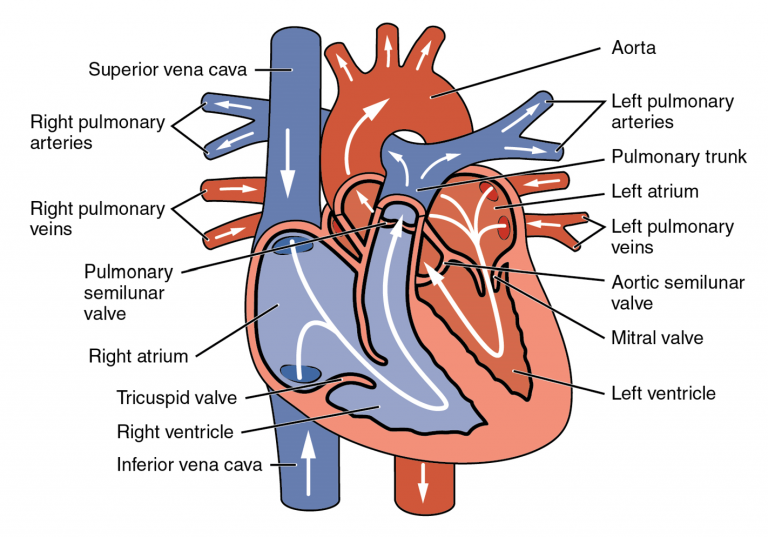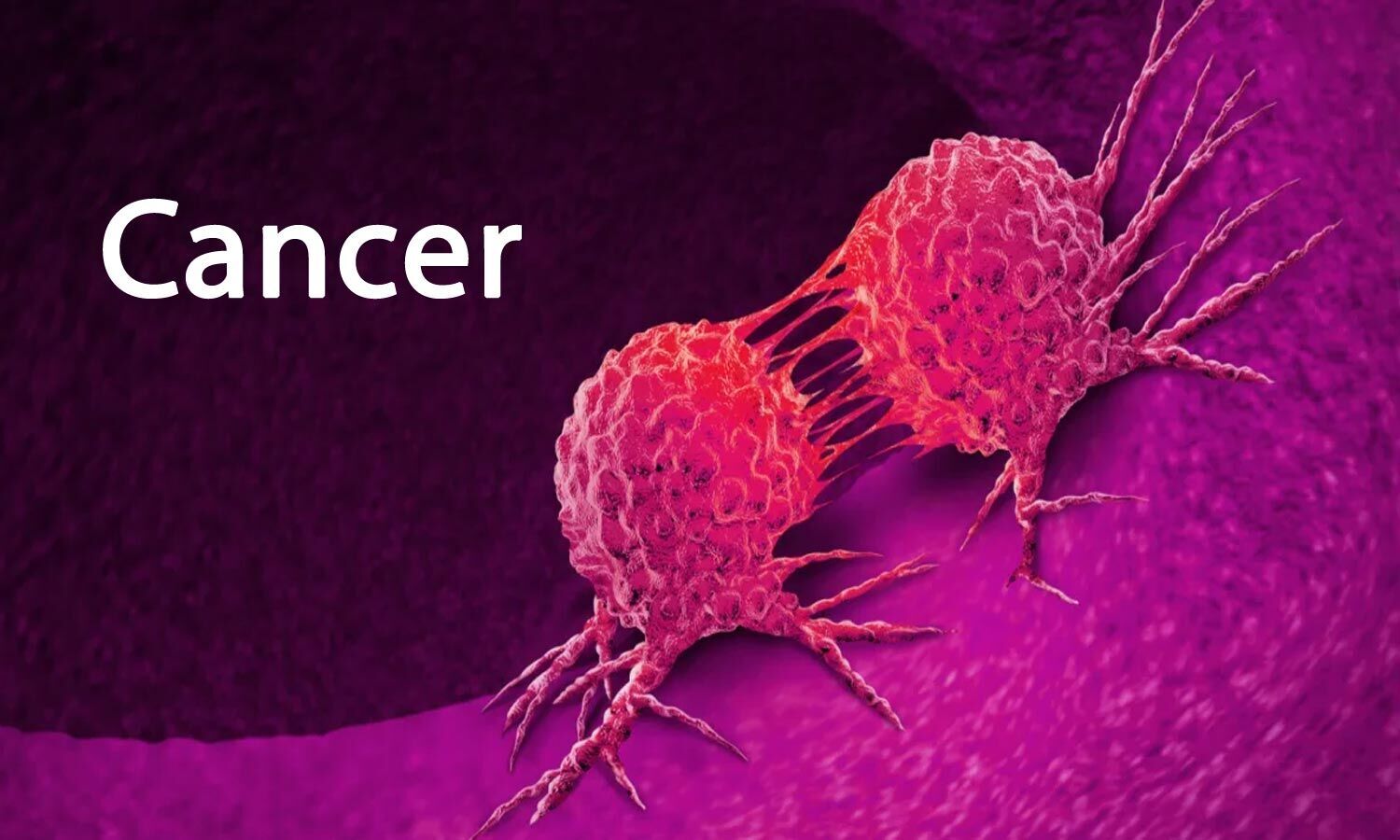Pumpkin seeds have become a popular snack and nutritional powerhouse in the United States. As more people focus on healthy eating, understanding the benefits, calories, and key nutrients of pumpkin seeds is essential. Whether you’re looking for a quick snack or a way to boost your overall health, pumpkin seeds offer a range of advantages.
In this article, we’ll explore the nutritional profile of pumpkin seeds, their health benefits, and how they can be incorporated into your daily diet. We’ll also cover some of the latest trends around pumpkin seed consumption in the US.
What Are Pumpkin Seeds?
Pumpkin seeds, often referred to as “pepitas,” are the edible seeds found inside pumpkins. They are typically cream-colored, flat, and oval with a nutty, slightly sweet flavor. These seeds can be eaten raw or roasted and are commonly sold in grocery stores as a snack.
Pepitas are a specific type of pumpkin seed that has had its outer shell (hull) removed. This makes them easier to eat and often more flavorful than regular pumpkin seeds. In the US, pepitas are widely available and are a staple in many households.
Pumpkin Seed Nutrition Facts

A 50-gram serving of shell-free pumpkin seeds contains approximately 227 calories, primarily from fat and protein. Here’s a breakdown of the key nutrients:
- Fat: 19 grams (mostly unsaturated fats)
- Protein: 8 grams
- Carbohydrates: 6 grams
- Fiber: 2 grams
- Magnesium: 134 mg (34% of the daily value)
- Zinc: 3.8 mg (34% of the daily value)
- Iron: 1.8 mg (10% of the daily value)
- Omega-3 Fatty Acids: 0.8 grams
- Antioxidants: Flavonoids, phenolic acids, vitamin E, and carotenoids
These nutrients make pumpkin seeds an excellent choice for those looking to improve their overall health.
Health Benefits of Pumpkin Seeds

Pumpkin seeds are not only delicious but also packed with health benefits. Here are some of the top advantages:
1. Heart Health
Pumpkin seeds are rich in magnesium, which helps regulate blood pressure and improve heart function. They also contain unsaturated fats and antioxidants that support cardiovascular health. Studies suggest that consuming pumpkin seeds may help reduce cholesterol levels and lower the risk of heart disease.
2. Prostate Health

Research indicates that pumpkin seeds may help alleviate symptoms of benign prostatic hyperplasia (BPH), a common condition in men. Some studies show that pumpkin seed oil can improve urinary function and reduce discomfort associated with BPH.
3. Blood Sugar Control
The high magnesium content in pumpkin seeds may help regulate blood sugar levels. A study found that individuals who consumed higher amounts of magnesium had a lower risk of developing type 2 diabetes. Pumpkin seeds can be a beneficial addition to a diabetic-friendly diet.
4. Cancer Prevention
Pumpkin seeds contain antioxidants like flavonoids and lignans, which may help protect against certain types of cancer. Some research suggests that these compounds could slow the growth of prostate and breast cancer cells.
5. Improved Sleep

Pumpkin seeds are a natural source of tryptophan, an amino acid that promotes better sleep. Magnesium, another key nutrient in pumpkin seeds, also plays a role in regulating sleep patterns. Adding a handful of pumpkin seeds to your evening routine may help you fall asleep faster and enjoy deeper rest.
6. Fertility Support
For men, pumpkin seeds are a great source of zinc, which is essential for sperm production and quality. Low zinc levels are linked to reduced fertility, making pumpkin seeds a valuable dietary addition for couples trying to conceive.
How to Incorporate Pumpkin Seeds Into Your Diet
Pumpkin seeds are versatile and can be enjoyed in various ways. Here are some popular methods:
- Snack on them raw or roasted: A simple and satisfying way to enjoy their nutty flavor.
- Add to smoothies: Boost the nutritional value of your favorite smoothie with a sprinkle of pumpkin seeds.
- Mix into yogurt or fruit bowls: Add a crunchy texture and extra nutrients to your breakfast.
- Sprinkle over salads or soups: Enhance the taste and nutritional profile of your meals.
- Use in baking: Pumpkin seeds can be used in breads, cakes, and granola bars for added crunch and flavor.
However, it’s important to note that pumpkin seeds contain phytic acid, which can interfere with the absorption of certain minerals. To maximize nutrient intake, it’s best to soak or roast them before consumption.
Conclusion
Pumpkin seeds are more than just a seasonal snack—they’re a nutrient-dense food with numerous health benefits. From supporting heart health to improving sleep and fertility, pumpkin seeds are a valuable addition to any diet. Whether you enjoy them as a snack or incorporate them into your meals, they offer a convenient and delicious way to boost your overall well-being.
If you’re looking to stay updated on the latest trends and news about pumpkin seeds and other health-related topics, be sure to check back regularly for more insights.
Frequently Asked Questions
Q: Are pumpkin seeds good for weight loss?
A: Yes, pumpkin seeds can be part of a weight-loss diet due to their high fiber and protein content, which helps keep you full longer. However, they are calorie-dense, so moderation is key.
Q: Can I eat pumpkin seeds every day?
A: Yes, pumpkin seeds can be eaten daily in moderate amounts. They provide essential nutrients and can be a healthy addition to your diet.
Q: Are there any side effects of eating pumpkin seeds?
A: While pumpkin seeds are generally safe, eating too many can lead to digestive issues due to their high fiber and phytic acid content. It’s best to consume them in moderation.
Author Section
Author: Emily Johnson
Title/Role: Nutrition Writer & Health Consultant
Credentials: Emily has been writing about nutrition and wellness for over 10 years. She holds a Master’s degree in Public Health and specializes in helping readers make informed dietary choices.
Profile Link: https://www.emilyjohnsonnutrition.com
References
- USDA FoodData Central – Pumpkin Seeds
- Mayo Clinic – Heart Health and Diet
- Harvard T.H. Chan School of Public Health – Antioxidants and Cancer
Related Articles
- Top 10 Healthy Snacks for Weight Loss
- Understanding the Benefits of Magnesium
- How to Improve Sleep Naturally
Call to Action
Stay updated with the latest news on nutrition, health, and lifestyle trends. Explore our website for more informative articles and resources. Don’t forget to share this article with friends and family who may benefit from learning about pumpkin seed nutrition facts.
URL Slug: pumpkin-seed-nutrition-facts
Schema Markup:
{
"@context": "https://schema.org",
"@type": "Article",
"headline": "Pumpkin Seed Nutrition Facts: Benefits, Calories, and Key Nutrients",
"description": "Discover the nutritional benefits of pumpkin seeds, including calories, key nutrients, and health advantages.",
"author": {
"@type": "Person",
"name": "Emily Johnson"
},
"datePublished": "2025-04-05",
"image": "https://example.com/pumpkin-seeds.jpg"
}
Featured Snippet:
Pumpkin seeds are a nutritious snack rich in magnesium, zinc, and antioxidants. A 50g serving provides about 227 calories and supports heart health, sleep, and fertility. They can be eaten raw, roasted, or added to meals for extra nutrition.










More Stories
US Trending News: The Health Benefits and Uses of Pomegranate Seeds
US Trending News: ¿Por qué se da el cáncer de tiroides? Causas y factores de riesgo
US Trending News: ¿Por qué Salen Puntos Rojos en la Piel y Cómo Tratarlos?